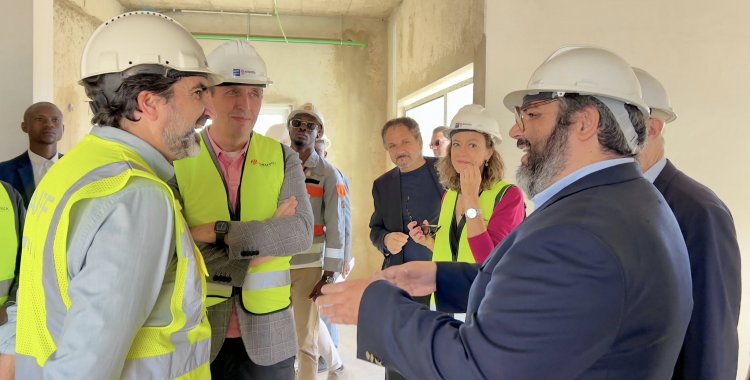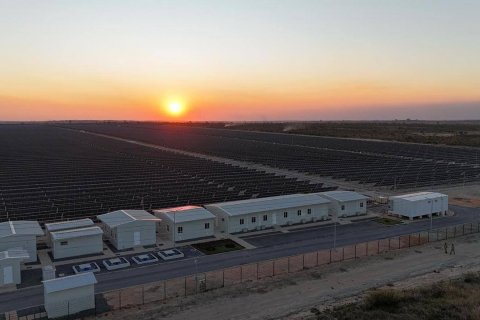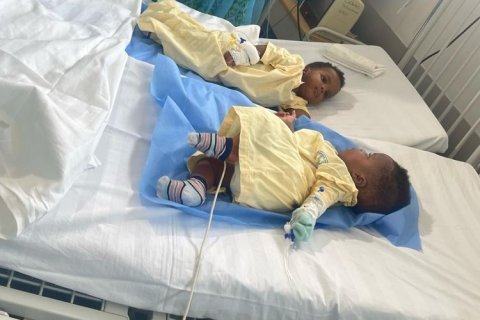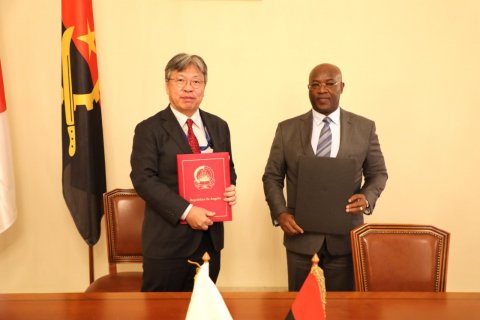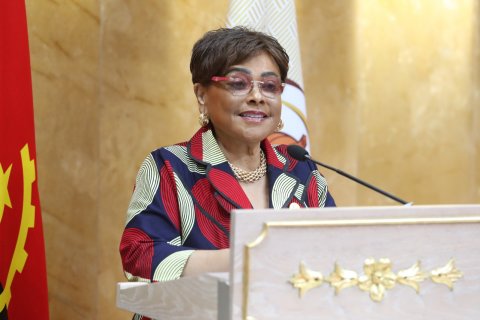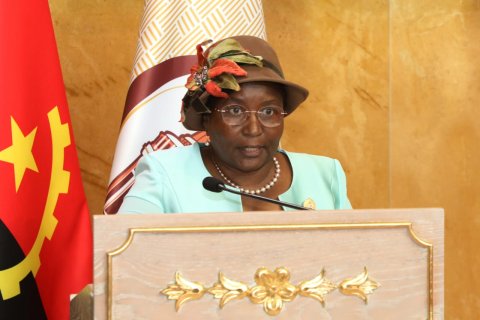The project, currently under construction in the province of Huambo, has an investment of 125 million euros and is being carried out by the Portuguese-Angolan and German consortium Noráfrica-Gauff, and is expected to begin operating in the first half of 2026, said Miguel Costa, the engineer responsible for the project.
The center, which is 71 percent physically complete, was presented this Thursday to a delegation of ambassadors from the European Union and member states accredited in Angola, at the end of a three-day visit to the provinces of Huambo and Bié, two of the five crossed by the Lobito Corridor.
The European mission aimed to observe the impact of EU-supported projects on the ground.
The future factory will have the capacity to produce more than 30 million mammalian vaccines per year, more than 150 million bird vaccines and more than 9 million antigen reagents for laboratory diagnosis.
“We are in the final stages of construction and installation of equipment. This part will be completed by the end of the year and beginning of next year. Then we will begin the validation phase of the equipment. It will have GMP certification and can be exported anywhere in the world,” explained Miguel Costa.
According to the executive, the project will serve not only the Angolan market, but also neighboring countries.
“It will be important for animal health and the region, and also to support surrounding countries. Animals have the same types of pathologies and this vaccine factory will meet this need,” she highlighted.
The European Union ambassador to Angola, Rosário Bento Pais, highlighted the strategic importance of the project.
“This is the first vaccine factory in Angola and the second in Africa to produce vaccines for animals,” she said, pointing out the potential in terms of exports and employment.
The diplomat also highlighted European support for specialized training in the area of animal health.
“We are supporting veterinary and biotechnology training at the José Eduardo dos Santos University with our Uni.Ao project. It is also a type of investment and infrastructure that is part of our Global Gateway project, in terms of health infrastructure,” she said.
Rosário Bento Pais also admitted that, in the future, the European Union may support the national production of human vaccines, if that is the government’s interest.
“The Global Gateway is already in five countries in Africa with laboratories and production of medicines. We are already in preliminary contacts to see if Angola can join. Here we already have a good example with regard to animal health, but we are also in contacts to analyze the production of human vaccines,” she indicated.
“There is potential, without a doubt,” she emphasized.
In an assessment of the three-day visit by European ambassadors to projects financed by the EU and included in the Lobito Corridor, Rosário Bento Pais expressed satisfaction with the dynamics of investments, emphasizing that “it is not just about economic development, but also social and environmental development.”
The production center has five buildings, including 5,000 square meters of production areas, laboratories, storage areas, quality control, research and development, as well as housing for workers and researchers.

